The United Nations raised alarm Monday after Israel said its army had readied a plan to evacuate Gazans ahead of a feared invasion of far-southern Rafah.
Secretary-General Antonio Guterres warned that a ground attack would “put the final nail in the coffin” of its aid operations.
He added that Rafah – where 1.4 million Palestinians live in crowded shelters near the Egyptian border – is also “the core of the humanitarian aid operation” in besieged Gaza.
Heavy fighting raged on meanwhile in the Gaza Strip where Israeli forces launched new strikes and ground combat operations, killing 92 people overnight according to the Health Ministry.
Israel’s military campaign has killed at least 29,782 people in Gaza, mostly women and children, according to the ministry.
The war broke out after the Oct. 7 Hamas incursion, which killed 1,160 people in Israel, according to an AFP tally of official figures.
Resistance members also took about 250 hostages, 130 of whom remain in Gaza, including 31 presumed dead, according to Israel.
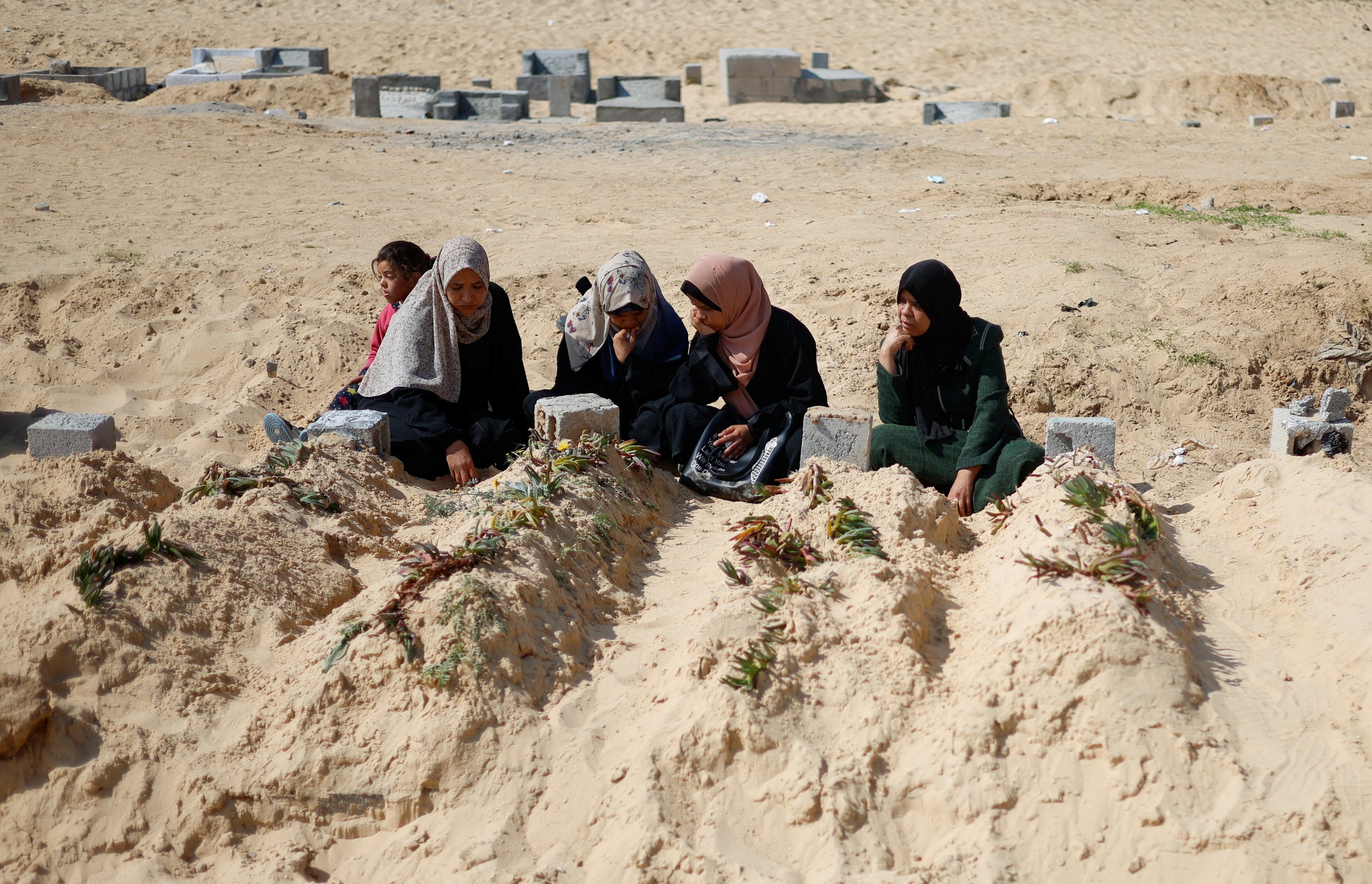
‘Total victory’
Israeli Prime Minister Benjamin Netanyahu stressed Sunday that, despite ongoing talks toward a cease-fire, the army will launch a ground invasion of Rafah to achieve “total victory” over Hamas.
Netanyahu vowed that, once land operations are launched there, an Israeli victory would be just “weeks away.” He claimed any potential truce deal would only delay, not prevent, the operation.
On Monday, his office said in a brief statement that the military had “presented the war cabinet with a plan for evacuating the population from areas of fighting in the Gaza Strip, and with the upcoming operational plan.”
No details have been released on where the internally displaced people could go in Gaza, vast areas of which have been destroyed.
Neighboring Egypt has built a large walled enclosure next to Gaza, where satellite photos also show many trucks, but Cairo has denied any plans to allow refugees across the border.
Foreign governments and aid groups have issued dire warnings that a Rafah invasion would inflict mass civilian casualties.
Guterres warned that “an all-out Israeli offensive on the city would not only be terrifying for more than a million Palestinian civilians sheltering there; it would put the final nail in the coffin of our aid programs.”
He said that “nothing can justify Hamas’s deliberate killing, injuring, torturing and kidnapping of civilians, the use of sexual violence – or the indiscriminate launching of rockets towards Israel.”
“And nothing justifies the collective punishment of the Palestinian people.”
‘Man-made disaster’
Nearly five months into the war, desperate families in Gaza’s north have been forced to scavenge for food as most aid trucks have been halted there, with many people eating animal fodder and the meat of slaughtered horses.
“We have no food or drink for ourselves or our children,” Omar al-Kahlout told AFP, as he waited near Gaza City for aid trucks to arrive.
“We are trapped in the north and there is no aid reaching us – the situation is extremely difficult.”
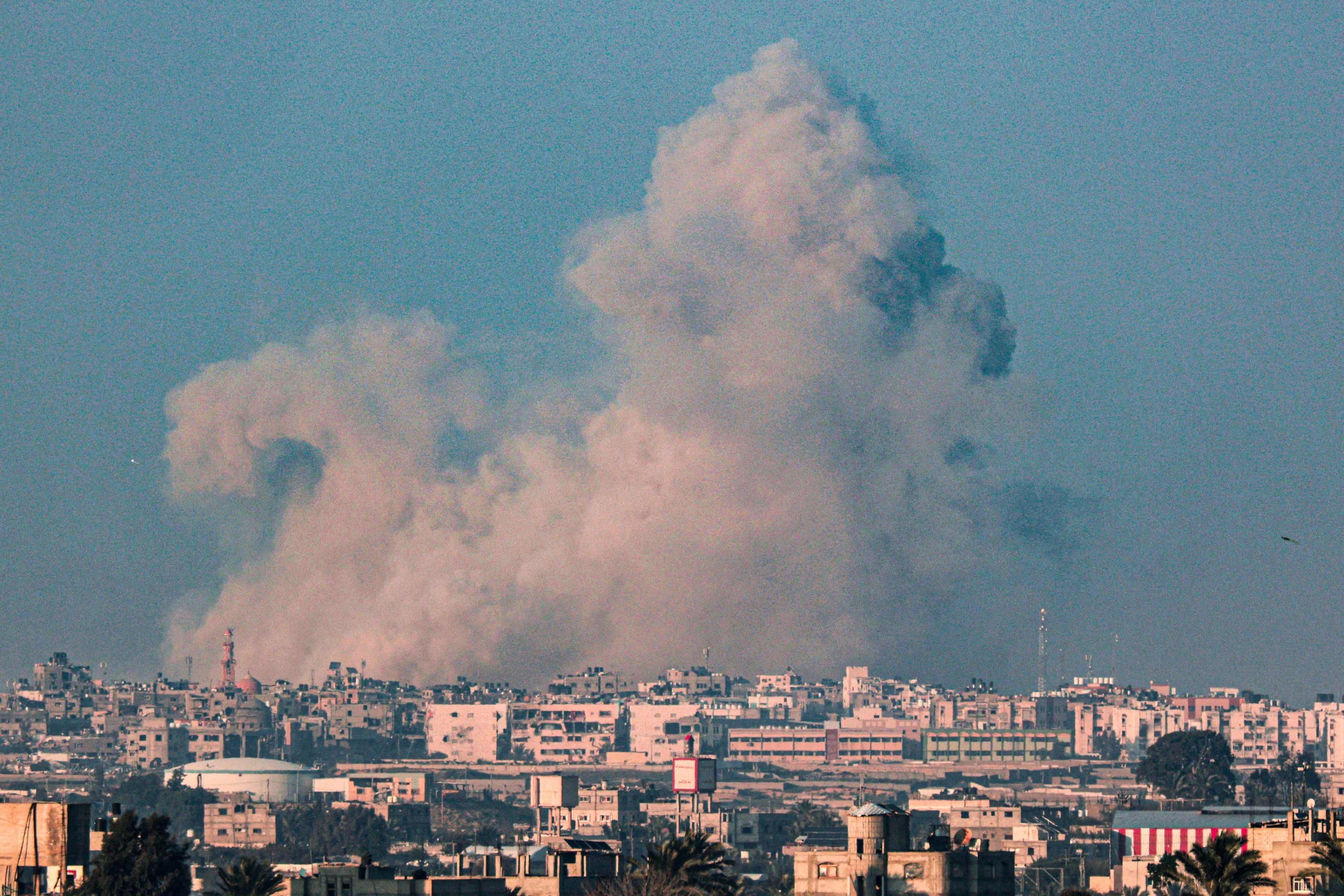
Amid the spiraling humanitarian crisis, the main U.N. aid agency for Palestinians, UNRWA, has urged political action to avert famine in Gaza.
Dire food shortages in northern Gaza are “a man-made disaster” that can be mitigated, said Philippe Lazzarini, head of UNRWA.
“Famine can still be avoided through genuine political will to grant access and protection to meaningful assistance.”
Cease-fire talks
Mediators meanwhile continued stuttering negotiations towards a cease-fire and hostage release deal, with hopes it can be in place before the start of the Muslim holy month of Ramadan in about two weeks.
Media reports suggest the warring parties are weighing a six-week halt to fighting and the initial exchange of dozens of women, underage and ill hostages for several hundred Palestinian detainees held by Israel.
Envoys of the Israeli armed forces and Mossad spy service were headed to Qatar for further talks on a deal, Israeli media reported.
“It will take some more time until the deal matures, but the direction is positive,” an unnamed Israeli official was quoted as saying by the news site Ynet.
Washington said the ongoing mediation efforts had produced “an understanding” towards a cease-fire and hostage release.
Qatar’s Emir Sheikh Tamim bin Hamad Al Thani, whose country hosts Hamas leaders and helped broker a one-week truce in November, is due in Paris this week, the French presidency said.
Jordan’s King Abdullah II warned that fighting during Ramadan “will increase the threat of expanding the conflict” which has drawn in armed groups elsewhere in the Middle East.

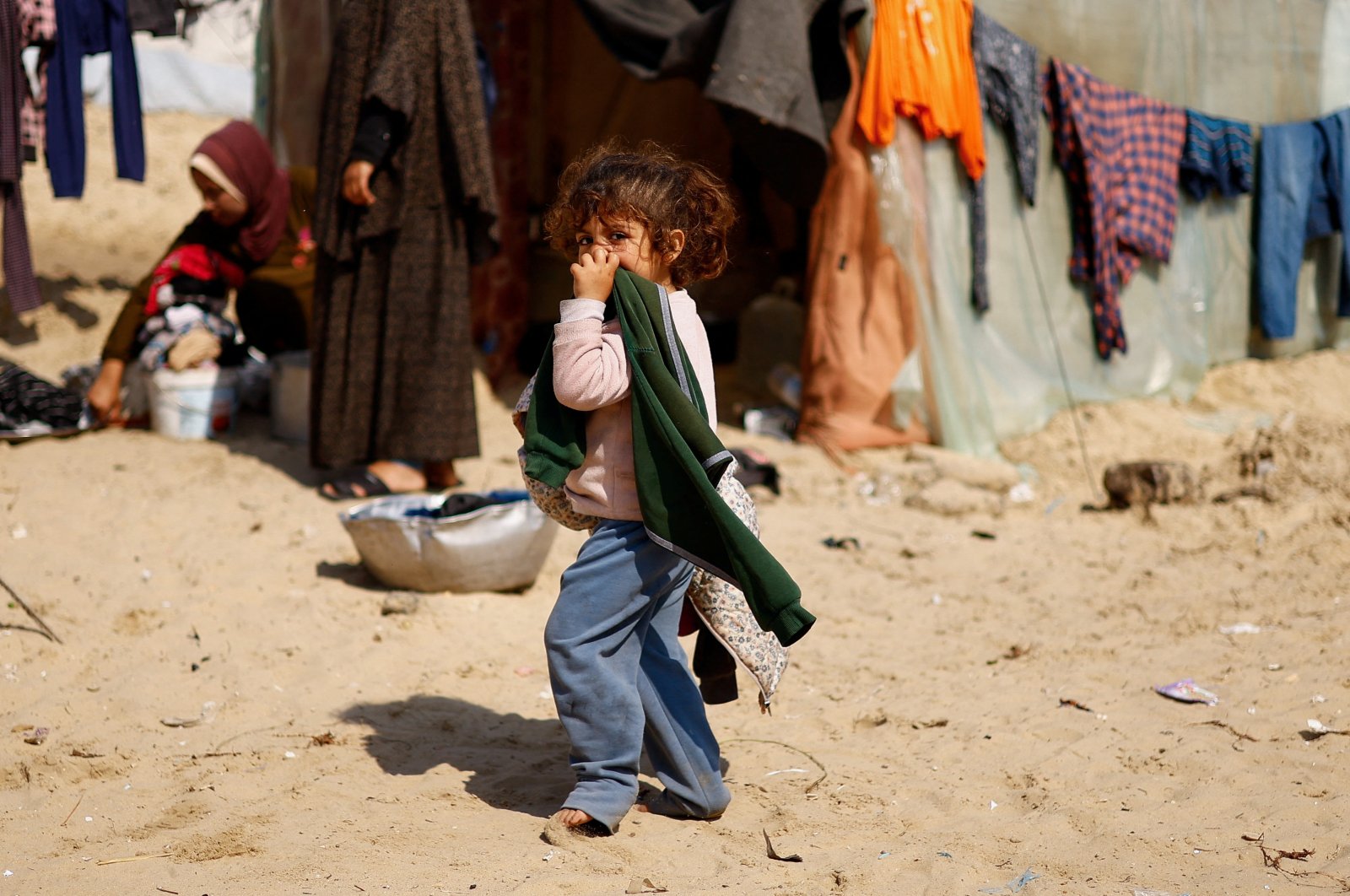
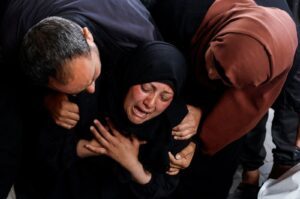
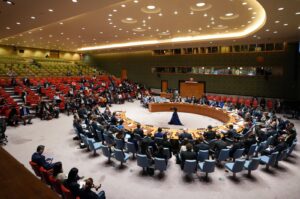




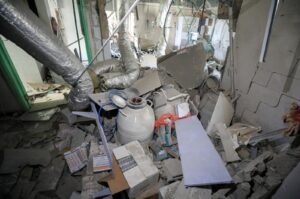


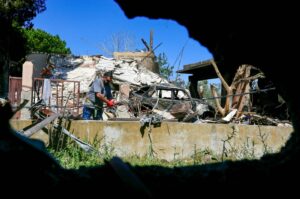




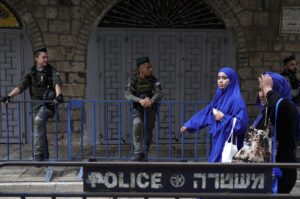

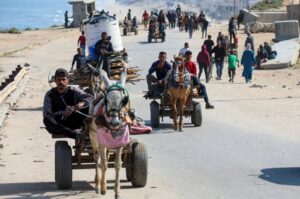

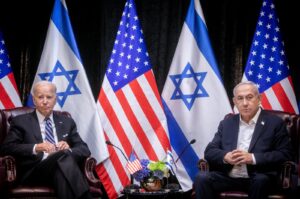

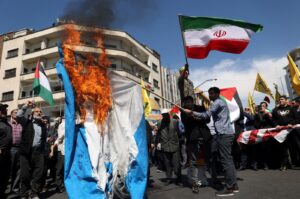
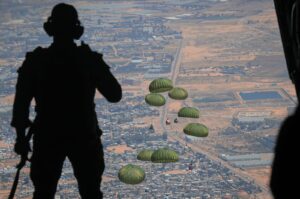
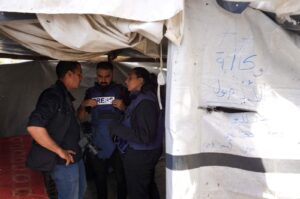
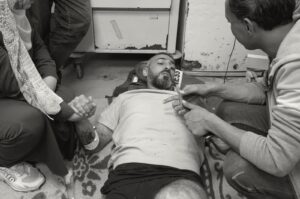
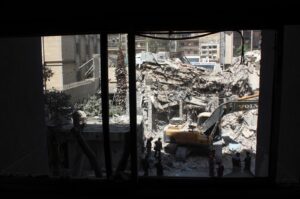


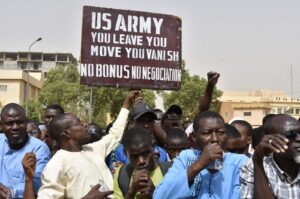
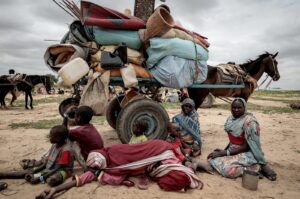
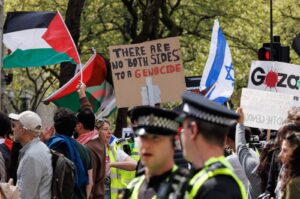

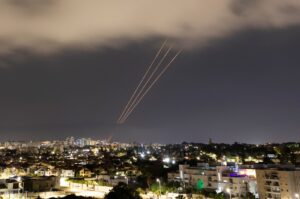
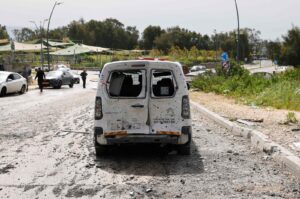

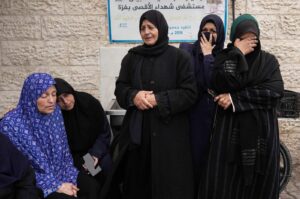
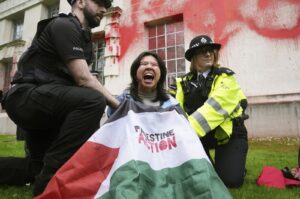


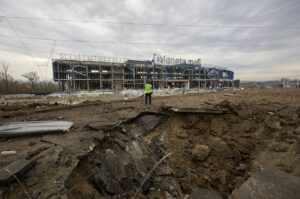
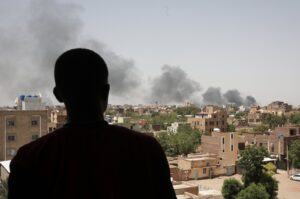
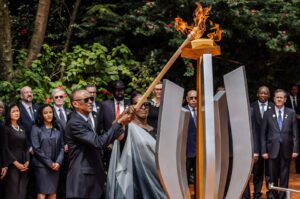

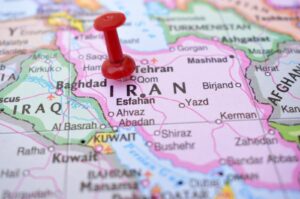
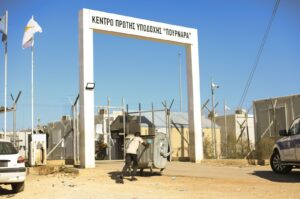

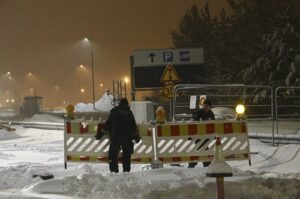
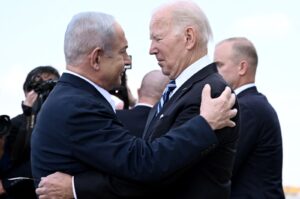
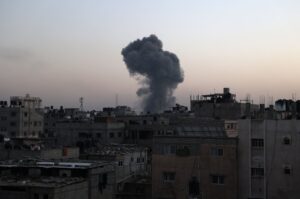


Be First to Comment